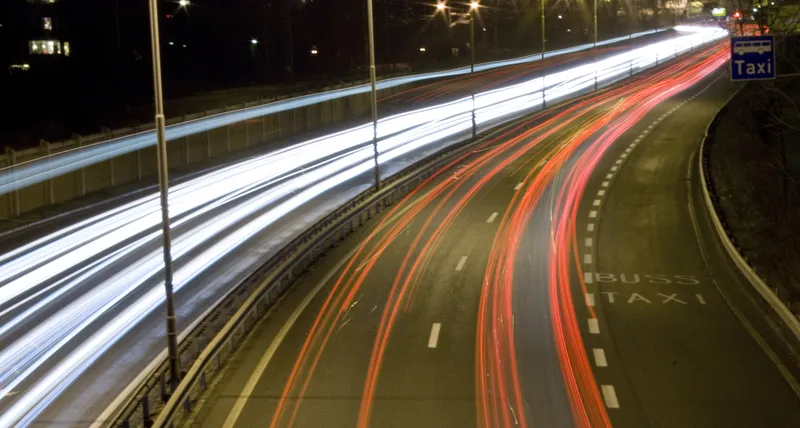UK company StarTraq has completed the implementation of its StarTraq Dynamic Offence Management and Enforcement (Dome) browser-based road traffic offence processing software for Fiji’s Land Transport Authority (LTA), enabling the authority to process high volumes of offences promptly, efficiently and cost-effectively. StarTraq’s Dome system enables the LTA to capture, adjudicate and process road traffic offences with very little manual interaction, despite the challenge of interfacing with three major syste
April 23, 2013
Read time: 2 mins
UK company 127 StarTraq has completed the implementation of its StarTraq Dynamic Offence Management and Enforcement (Dome) browser-based road traffic offence processing software for Fiji’s 918 Land Transport Authority (LTA), enabling the authority to process high volumes of offences promptly, efficiently and cost-effectively.
StarTraq’s Dome system enables the LTA to capture, adjudicate and process road traffic offences with very little manual interaction, despite the challenge of interfacing with three major systems currently used, and through accessing one system only.
Offence images captured by the LTA’s Truvelo D-Cam cameras are automatically transferred into the StarTraq Dome, which communicates the number plate details to Fijian national vehicle register Interbase to obtain registered keeper details of offending vehicles, and updates Interbase with the offence details once the violation has been accepted. Offence notices are printed via StarTraq’s bulk print solution StarPrintServer, which archives an electronic copy of all outgoing correspondence into both the StarTraq Dome and into the LTA’s existing CRM system for future reference.
“Being able to enforce speed and red-light offences efficiently and cost-effectively through StarTraq’s automated back office software is a massive milestone for us and our citizens as it will help create safer roads by modifying driver behaviour, commented LTA CEO Naisa Tuinaceva. “There were significant challenges throughout the project – which you would expect with the scope of such a development, but StarTraq have shown very strong commitment and flexibility in solving any issues faced.”
StarTraq’s CEO, Allan Freinkel highlights, “Thanks to our user-friendly cloud-based technology, and very strong implementation team we were able to execute the implementation of the software remotely as well as remote training of the operators, which led to significant cost savings for the Fijian Land Transport Authority. Seeing the StarTraq Dome fully integrated into the local infrastructure at the LTA is an extremely exciting milestone for us and we are very proud to be supporting the Fijian LTA and their road safety initiatives.”
StarTraq’s Dome system enables the LTA to capture, adjudicate and process road traffic offences with very little manual interaction, despite the challenge of interfacing with three major systems currently used, and through accessing one system only.
Offence images captured by the LTA’s Truvelo D-Cam cameras are automatically transferred into the StarTraq Dome, which communicates the number plate details to Fijian national vehicle register Interbase to obtain registered keeper details of offending vehicles, and updates Interbase with the offence details once the violation has been accepted. Offence notices are printed via StarTraq’s bulk print solution StarPrintServer, which archives an electronic copy of all outgoing correspondence into both the StarTraq Dome and into the LTA’s existing CRM system for future reference.
“Being able to enforce speed and red-light offences efficiently and cost-effectively through StarTraq’s automated back office software is a massive milestone for us and our citizens as it will help create safer roads by modifying driver behaviour, commented LTA CEO Naisa Tuinaceva. “There were significant challenges throughout the project – which you would expect with the scope of such a development, but StarTraq have shown very strong commitment and flexibility in solving any issues faced.”
StarTraq’s CEO, Allan Freinkel highlights, “Thanks to our user-friendly cloud-based technology, and very strong implementation team we were able to execute the implementation of the software remotely as well as remote training of the operators, which led to significant cost savings for the Fijian Land Transport Authority. Seeing the StarTraq Dome fully integrated into the local infrastructure at the LTA is an extremely exciting milestone for us and we are very proud to be supporting the Fijian LTA and their road safety initiatives.”










